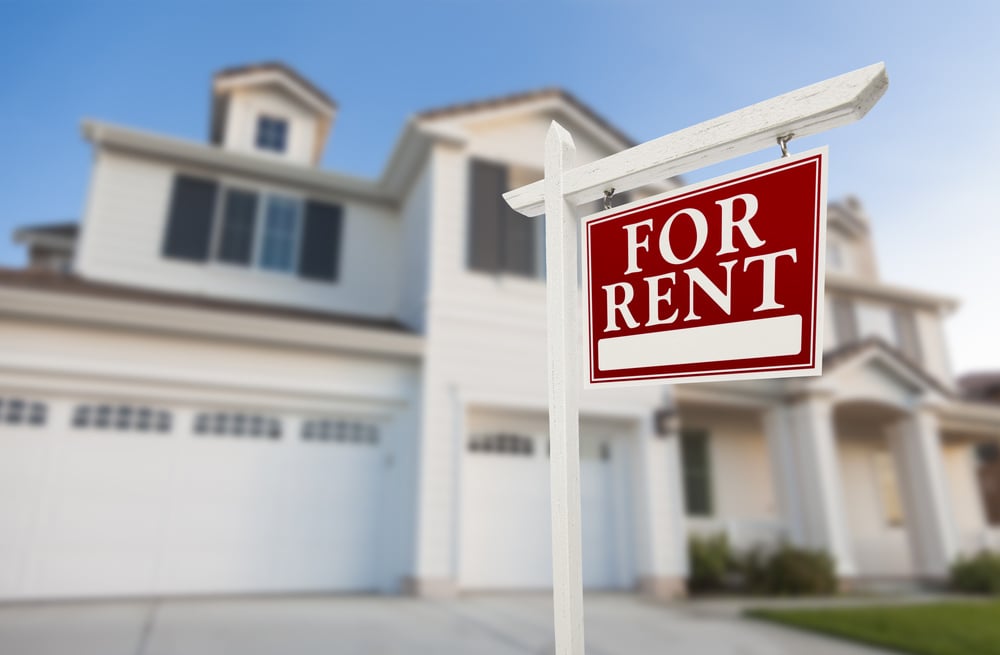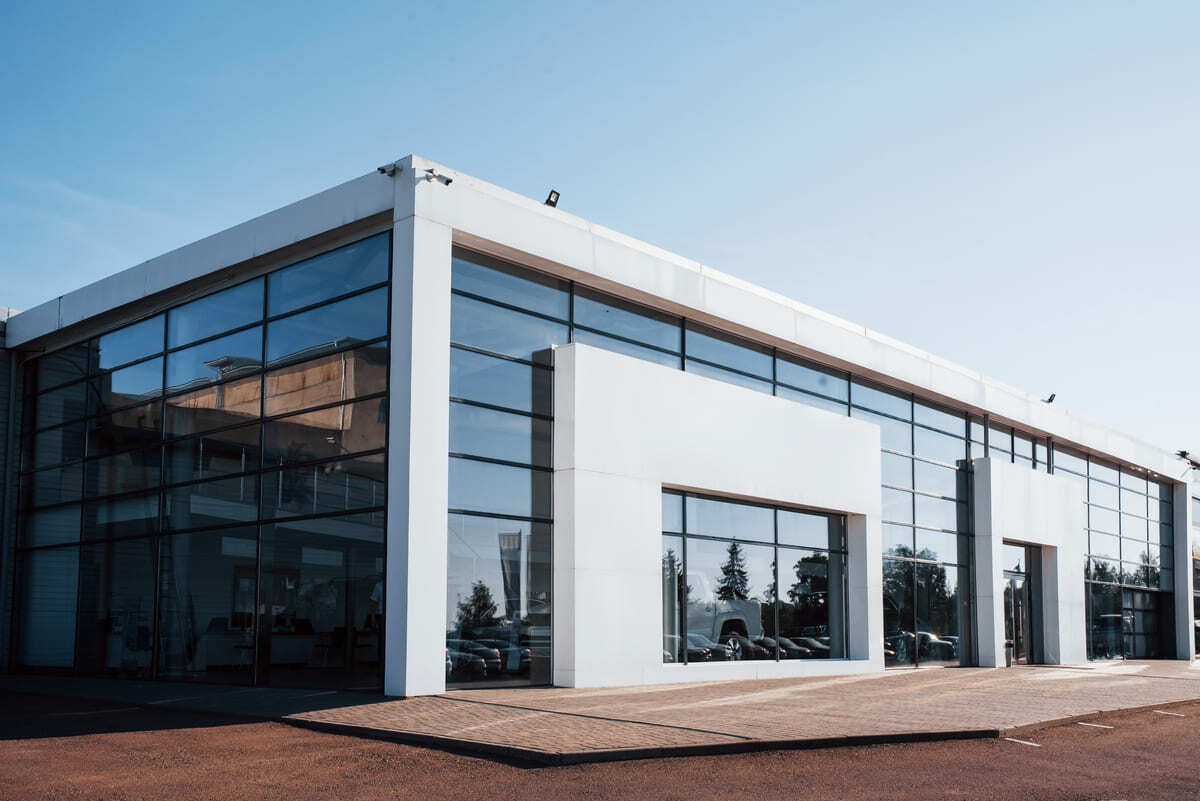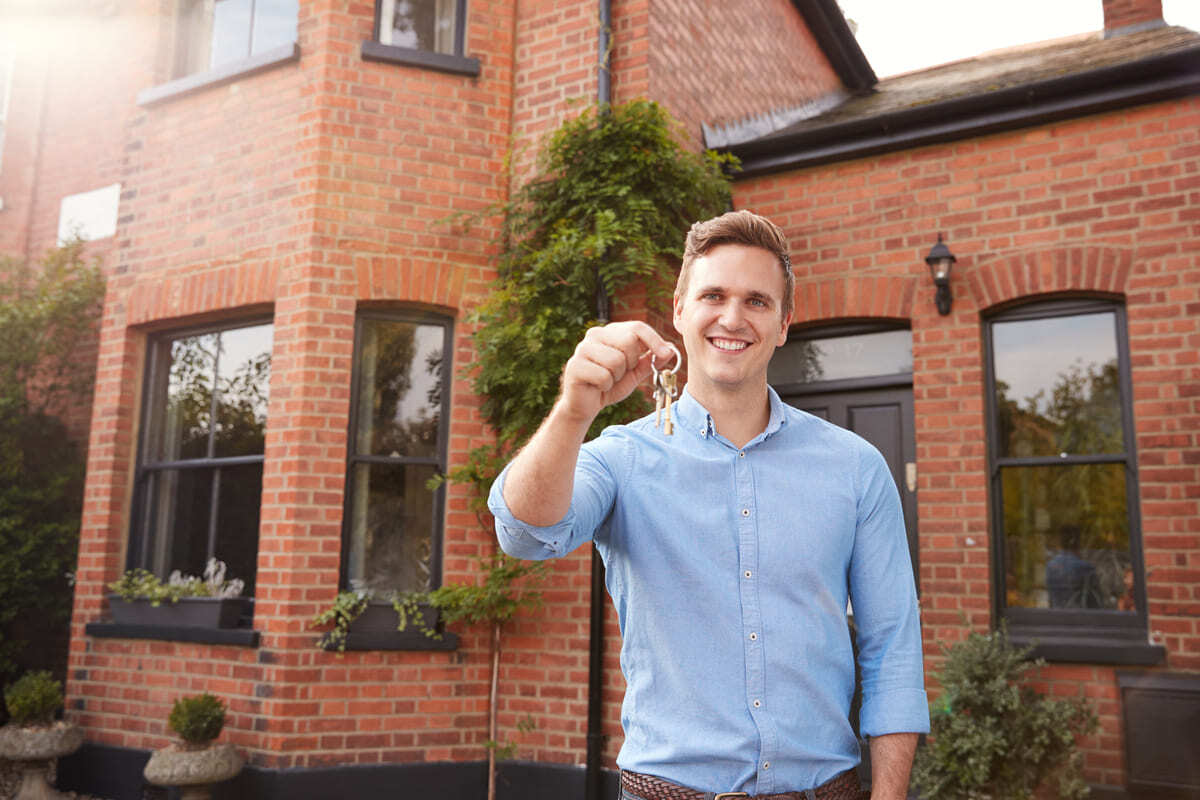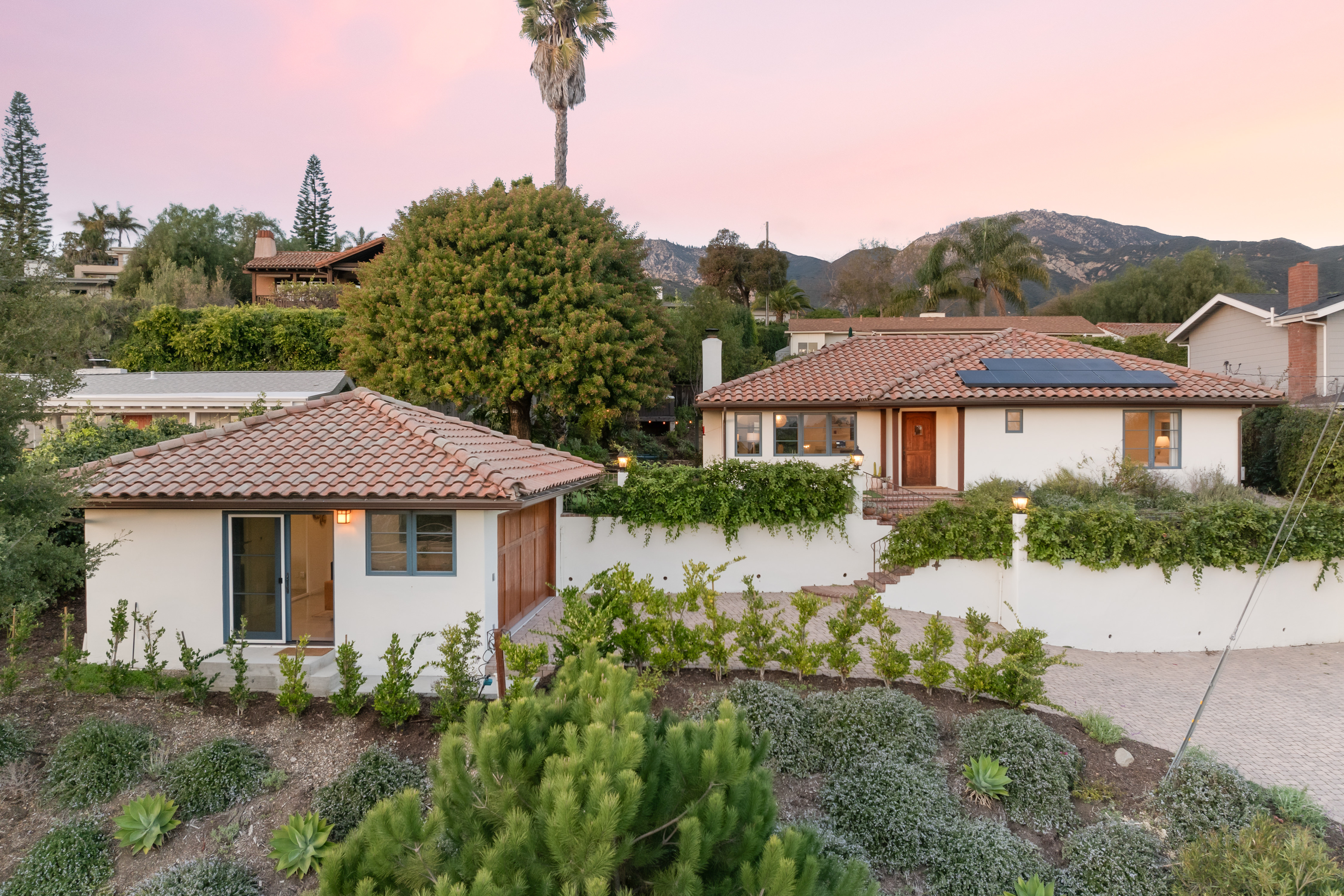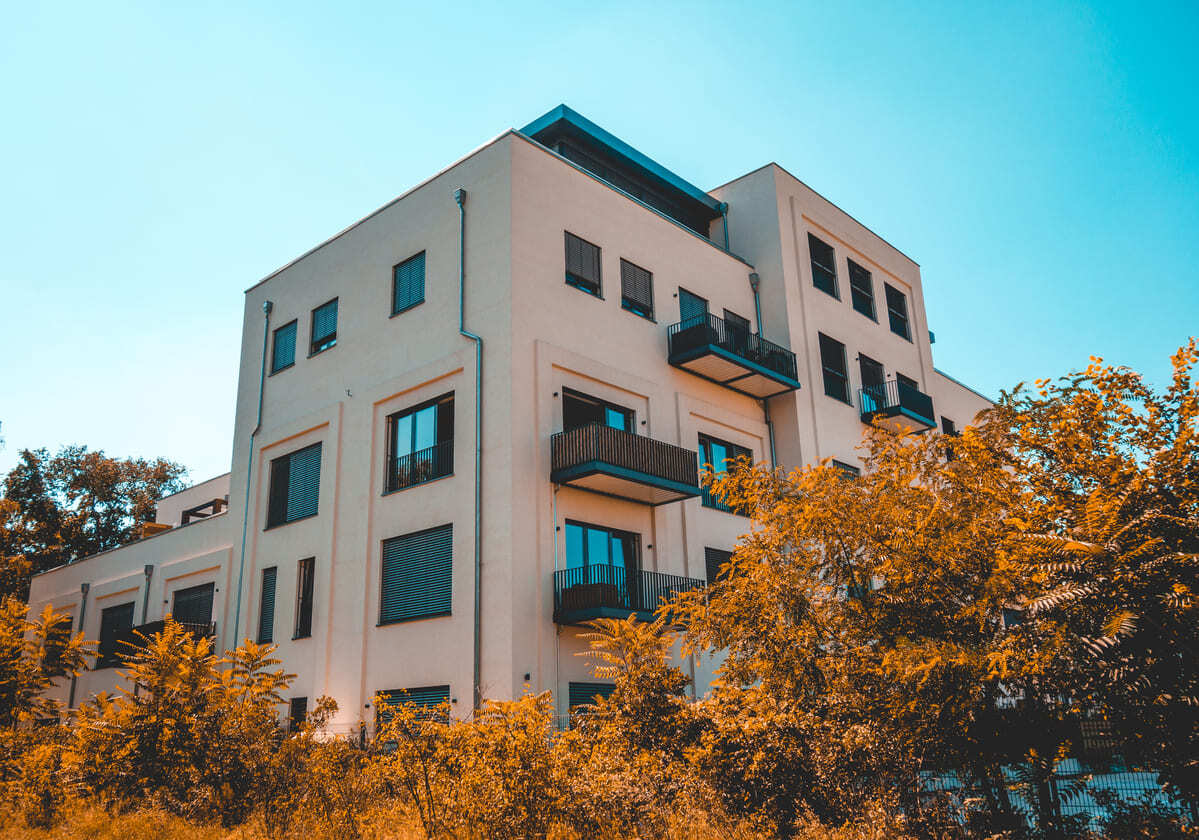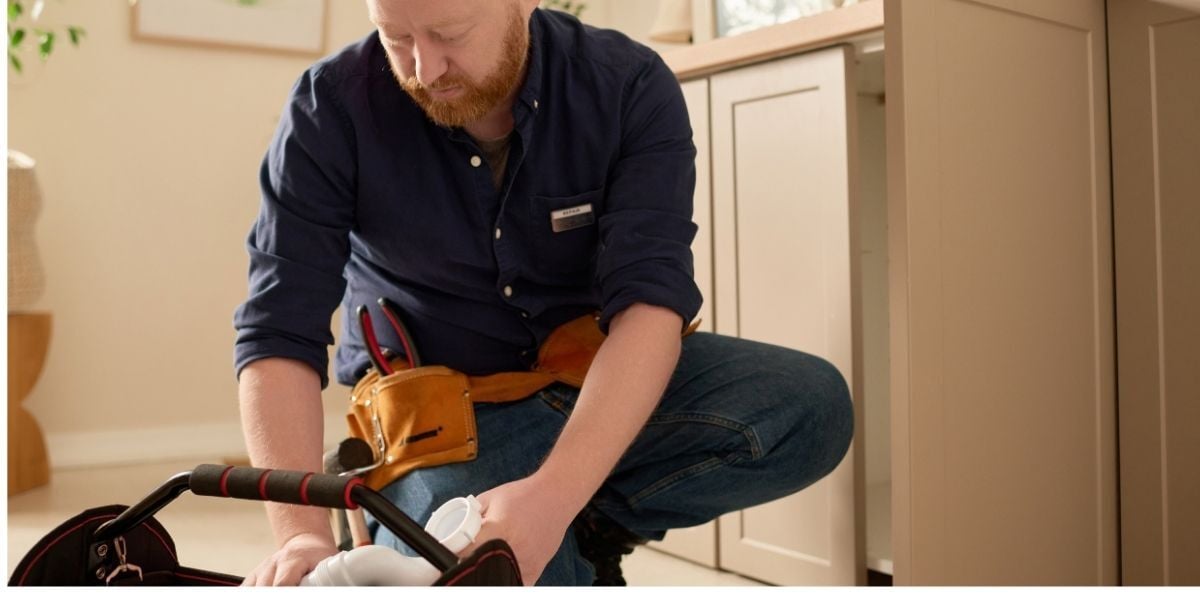
Has last year created new motivations or means to make a move in the real estate market? If you're facing this situation (and you are not alone), you have two primary choices regarding the status of the property you currently own:
- Sell the Property – very often, the final choice if property owners need the proceeds generated from the sale of their current property to complete their next purchase.
- Rent the Property – this can be a smart financial move if your situation and financial picture support this choice.
Defining Real Estate
A Primary (Principal) Residence – where you reside most often, which can be a single or multi-family property or even a townhome or condominium. A principal residence offers financial benefits if its status can be verified (i.e., IRS rules), including the receipt of competitive mortgage rates or a homestead real estate tax deduction.
An Investment Property - a property held for the primary purpose of revenue generation through a lease or rental agreement. In addition to specifically buying a property for rental income, there are various times when a homeowner may choose to hold onto their current real estate until a weak real estate market rebounds from an economic cycle’s trough, among others.
Pros & Cons of Converting Your Home into a Rental Property
The decision to convert your current primary residence to a revenue-generating rental unit requires you to consider the potential tax & mortgage implications, which may affect the profits generated by the rental unit. Property owners should consider working with a CPA (Certified Public Accountant) to ensure a smooth property transition.
Your Mortgage
If you intend to convert your current principal residence to a rental property, the most important consideration regarding your current mortgage is to ensure you have lived in the property long enough to meet the lender’s occupancy requirements.
If you purchased the property as a primary residence – which likely means you received the best mortgage rates– the mortgage probably included a clause that required you to live in the property for a preset time, usually one to two years. Here's an example of an occupancy clause found in a typical mortgage instrument. Still, it does depend on the mortgage instrument signed by the homeowner at closing.
Suppose you plan to convert your principal residence to a rent-generating investment property but have lived in the property for five-plus years. In that case, you will likely have met the occupancy provision/requirement delineated within the original mortgage instrument. Still, you're encouraged to confirm the existence of any occupancy requirements by reviewing the original mortgage to ensure your choices do not rise to the level of mortgage fraud.
Pro Tip – If the rental property generates a positive cash flow, this income may help you qualify for the mortgage on the next property.
Taxes
Another pothole to avoid overlooking is that your tax liability for this newly defined rental property will be handled differently from its status as a primary home. And while taxes on the property can be deducted as a legitimate expense (against revenue to reduce taxable income), the amount of real estate taxes will likely increase because homestead and primary residence tax rebates/deductions will no longer be valid given the modified status of the property.
Home Insurance
The type of insurance required to protect a rental property owner will include personal liability insurance. Still, it may also lower insurance premiums as rental property insurance does not typically cover each renter’s items.
Benefits of Converting Your Residence to a Rental Property
The benefits of owning rental properties can be quite appealing.
- Offers a reliable stream of passive income, with rental prices increasing over time.
From April 2020 to April 2021, the median one-bedroom price in the United States rose by 2.1%, with the median two-bedroom rental prices recording a 3.4% increase during the same time.
- Offers the opportunity to hold onto the property as it appreciates, with renter’s covering its operating costs.
Downsides of Converting Your Residence to a Rental Property
Rental property benefits are significant, but they are not without risk, like any investment, which may include:
- Unexpected economic events may impact the economy and renter’s employment.
- Hard to access the property's equity that is not considered liquid.
- The quality of renters, which includes their ability to make timely rental payments.
The Take-Away
If you're seriously considering converting your current home to a rental unit, it is important to speak with a professional management service provider. These experienced property managers can help investment property owners with their due diligence while making this initial investment decision and properly managing the property when rented.
